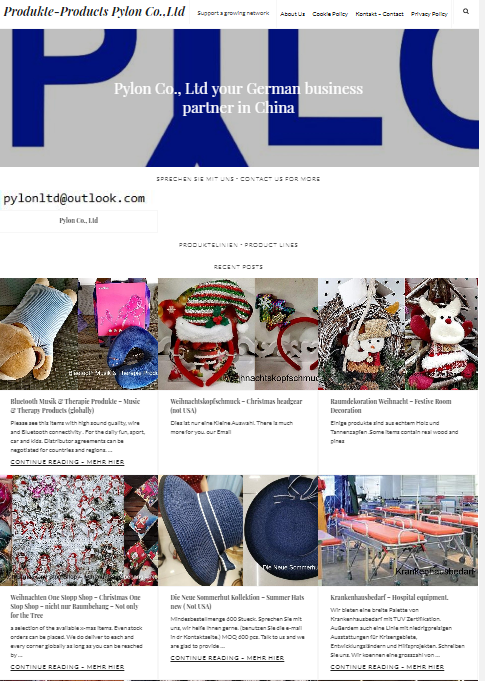Ningbo's GRP in the first half of 2011 amounted to ¥271.36 billion, a corresponding increase of 10.3% per comparable price calculation
- Details
- Category: Governmental News
- Published: Tuesday, 26 July 2011 09:56
According to www.http://cnnb.com.cn, it is learned from the press conference on Ningbo's economic situation in the first half of 2011 that, against the background of macro-retrenchment, Ningbo's economy has maintained a steady and comparatively rapid development, with the first half of 2011 laying a very good beginning. Ningbo's GRP(Gross Regional Product) in the first half of the year amounted to ¥271.36 billion, a corresponding increase of 10.3% per comparable price calculation. According to Tang Bosheng, chief statistician and spokesman of the municipal bureau of statistics, the first industry brought in an added value of ¥9.69 billion, an increase of 3.4%; the second industry ¥148.6 billion, an increase of 11.2%; the third industry ¥113.07 billion, an increase of 9.8%, the ratio of the three industries being 3.57 : 54.76 : 41.67. The first half of the year brought in a GDP of ¥15.07 billion in agriculture, forestry and fishing, a corresponding increase of 3.4% per comparable price calculation. The upgrading of industry was pushed ahead, with industrial production on steady and fairly rapid increase, with both quality and profit steadily raised. The GDP of above-size industry amounted to ¥562.42 billion, an increase of 24.1%. The first half of the year saw a revenue of ¥572.62 billion in service industry, a corresponding increase of 21.1%. newly emerging service experienced a more rapid development, with a revenue of ¥6.61 billion for software business, a corresponding increase of 29.7%; software export amounted to $50.34 million, an increase of 19.7%, of which $11.57 million came from software outsourcing, an increase of 21%, with a revenue of ¥96.8 million. The first half of the year saw a total sale of commodities of ¥414.75 billion, a corresponding increase of 26.2%, with the consumer goods market running smoothly on the whole. In the first half of the year, ¥108.49 billion investment in fixed assets was completed, a corresponding increase of 20.1%. What is worth mentioning is that the increase rate of investment in industry turned positive from negative, with ¥29.31 billion investment in industry completed, a corresponding increase of 4.6%, with the increase rate 2.7 percentage points higher than the same period last year and 7.2 points higher than that of the first season. ¥34.9 billion investment in housing development was completed, a corresponding increase of 35.8%, 10.5 and 36.8 points lower than the corresponding period last year and the first season of this year. In the first half of the year, Ningbo approved 201 new foreign investment projects, 21 less than the corresponding period last year, with a contracted foreign capital of $2.41 billion, a corresponding increase of 30.3%, 19.3 points higher that the same period last year, actually using $1.43 billion, an increase of 22.2%, 28.2 points higher than the same period last year. The general budget income of the whole city amounted to ¥80.89 billion, an increase of 31.1%, with the increase rate 8.1 points higher than the same period last year, of which the local general budget income ¥39.09 billion, an increase of 33.2%, general budget expenditure ¥32.16 billion, an increase of 32.5. By the end of June, financial institutes of Ningbo had a RMB and foreign currency loan balance of ¥1.02 trillion, a corresponding increase of 17.8%, and ¥80.36 billion more than the beginning of the year. In the first half of the year, consumer price rose by 5.9% compared with the corresponding period last year, with 7 of the 8 categories of price rising and 1 dropping. Food and housing are the main force to push up the index, driving it 4.93 points higher, accounting for 83.6% of the increase. Prices of the 16 categories of food all rose together for the first time, with prices of grain, aquatic products, meat and their products increasing 13%, 18.2% and 17.3% respectively. Housing prices gradually became stable. From January to June, the annular indexes of prices of newly built houses were 100.1%, 100.4%, 99.4%, 100.4%, 100.3%, 100.1%, with those of second-hand houses being 100.2%, 99.9%, 100%, 99.9%, 99.8%, respectively. Judging from the annular trend, housing price of Ningbo was stable on the whole, fluctuating about 100%, indicating that the "limit on house purchase" policy had worked effectively in keeping housing price from rising. From January to June, Ningbo's rise in housing price ranked 56th, 53rd, 54th, 57th, 55th, and 56th among the 70 large- and medium-size cities. Urban citizens' income increased fairly rapidly. In the first half of the year, the average disposable income per capita amounted to ¥18,592, a corresponding increase of 14% (7.6% after deduction of price index), with an average consumption expense of ¥10,731 per capita, a corresponding increase of 15.4%. From the make-up of this income it can be seen that property income decreased a little compared with the corresponding period last year while other items of income increased by different degrees. The average salary income per capita for urban citizens amounted to ¥13.167, a corresponding increase of 10.2%, still the decisive factor of the income increase. The average net income per capita from business operation amounted to ¥2,183, a corresponding increase of 28.2%. The increase in income for rural people was faster that urban people. In the first half of the year, the average cash income per capita for rural people amounted to ¥10,228, a corresponding increase of 15.3% (8.5% after deduction of price index), 2.8 percentage points higher than the corresponding period last year and 1.2 points higher than the first season.









